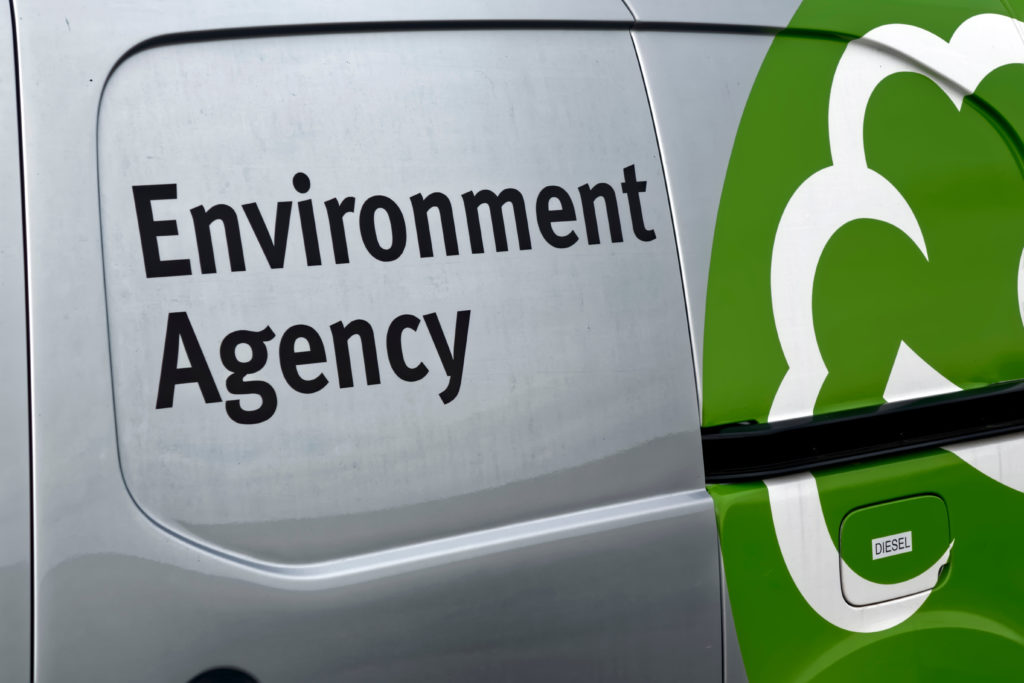This has prompted fears that councils, who have traditionally not performed this function, might have to shell out millions of pounds in disposal costs for waste over which they have no control.
However, now a position statement published by the Department for Environment, Food and Rural Affairs and other departments affected by the legislation has firmly committed to changing the law to allow councils to charge for both collection and disposal. While it had been well-publicised that the Department was reviewing the law, it had been somewhat vague in its exact intentions.
The statement says: “Defra are currently reviewing the Regulations, with a view to establishing a simpler and more equitable system. There is considerable stakeholder support for change, particularly to bring the Regulations in line with the general principle that those who produce waste should be fully responsible for the costs it creates. This would require a change in legislation to allow local authorities to charge Schedule 2 premises for disposal as well as collection.”
In the meantime, the statement urges those Schedule 2 premises which currently use private contractors to manage their waste, but are considering asking a local authority to take it in order to benefit from free disposal, to think twice.
The statement says: “We encourage all local authority customers and potential customers to be aware of the review, and to take into account the possibility of future changes to the Regulations when making their waste management decisions.
“It is important to recognise that there is no such thing as ‘free disposal'. The waste management costs of publicly-funded bodies are ultimately paid for with public monies, regardless of the costs.”
Welcomed
The move has been warmly welcomed by councils, with the Somerset Waste Partnership (SWP) particularly pleased because legal action which the Audit Commission was threatening to take against them last year over Schedule 2 (see letsrecycle.com story) has now been dropped.
The SWP's long-standing interpretation over a narrow point of law had been at odds with Defra's. This concerned the interpretation of “premises forming part of” in relationship to establishments such as schools, universities and hospitals. Somerset felt this should only apply to residential parts of such establishments, but Defra took a wider view.
As a result, the District Auditor has now advised the SWP: “It is good to see that this intention has now been stated publicly. In the circumstance I cannot see any justification for continuing with the proposed judicial review.”
Steve Read, managing director of the SWP, welcomed the statement as a “common sense outcome”.
He said: “These two developments have been welcomed by councillors representing the six partners in Somerset. We had argued that the secondary legislation route was a good prospect. We are very pleased that Defra are proposing to adopt the 'Polluter Pays' principle so that reasonable charges can be applied for both collection and disposal. This overrides our particular issue which was over a more narrow point of law”.
He continued: “At the end of the day, in the case of hospitals, schools and the like, the costs still come out of the public purse. We understand that Government departments that have signed up to the Joint Statement oversee circa 75% of Schedule 2 waste. This approach will help promote waste reduction and a generally more sustainable approach to resource management”.








Subscribe for free